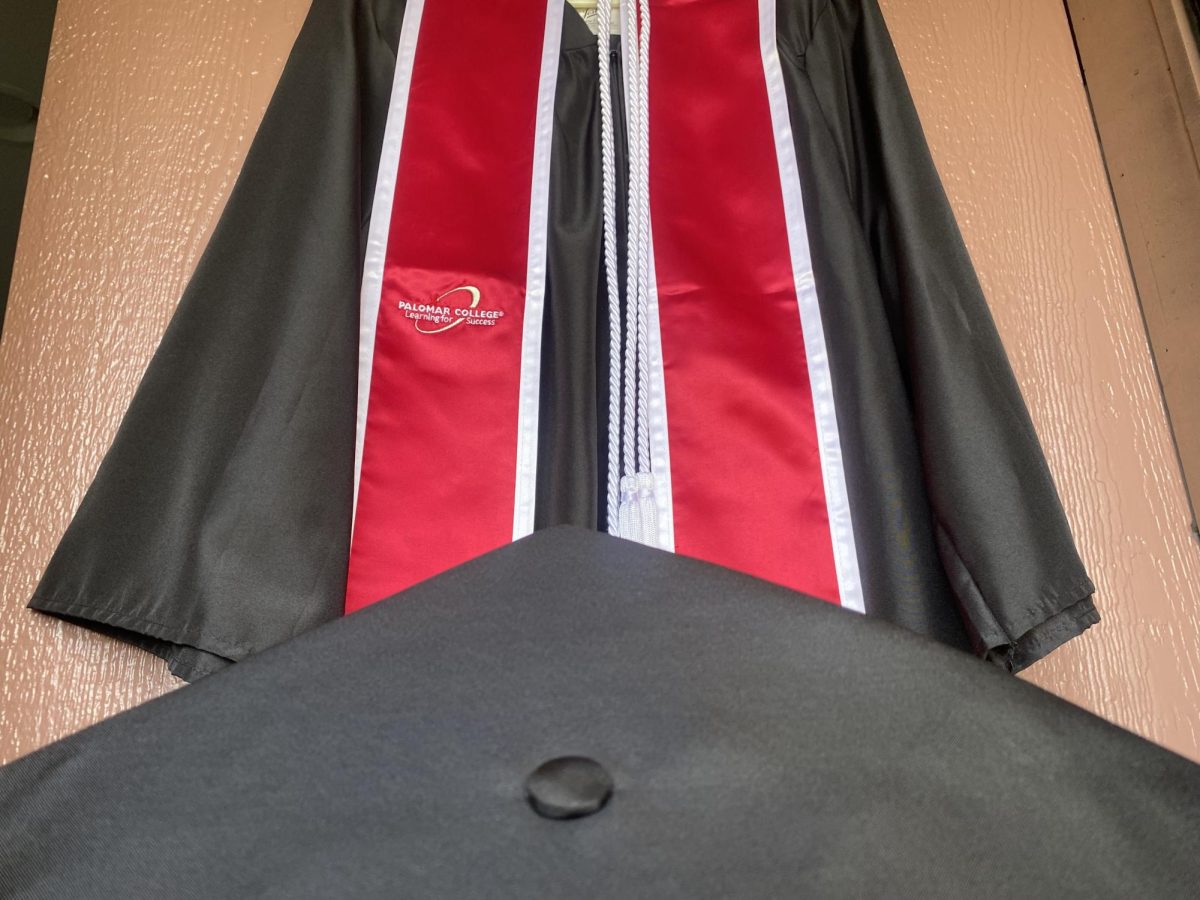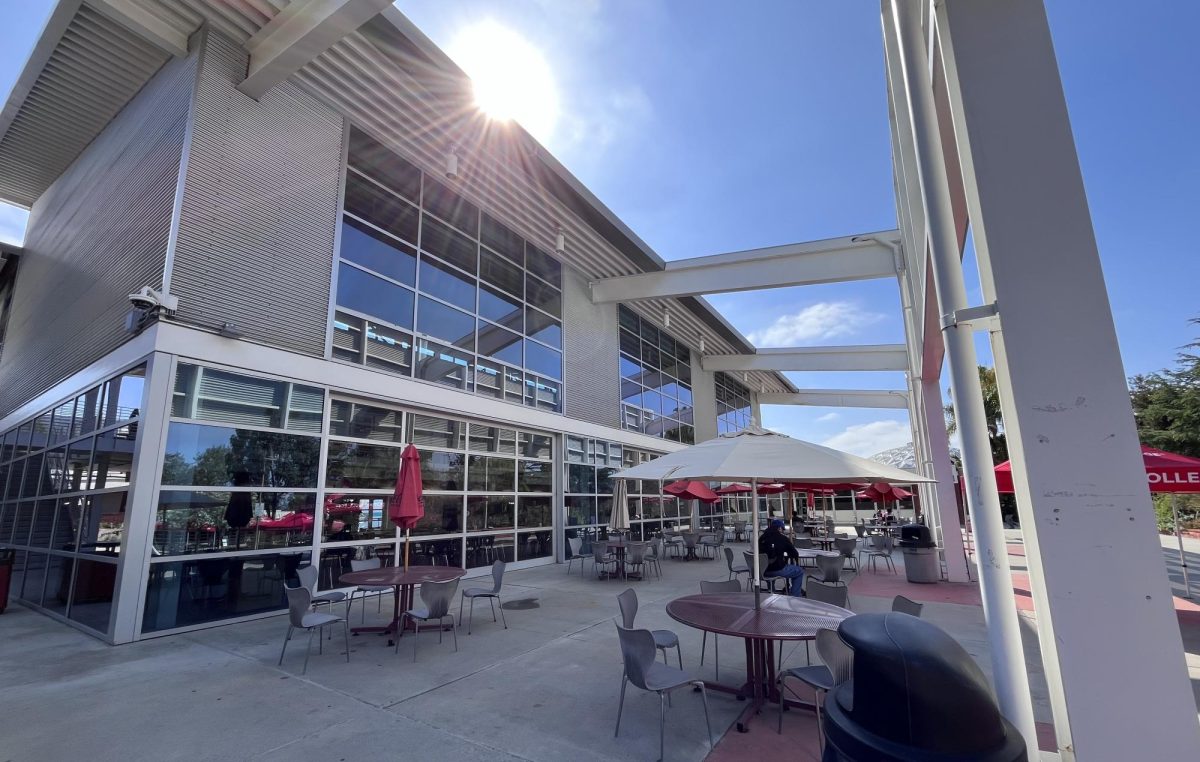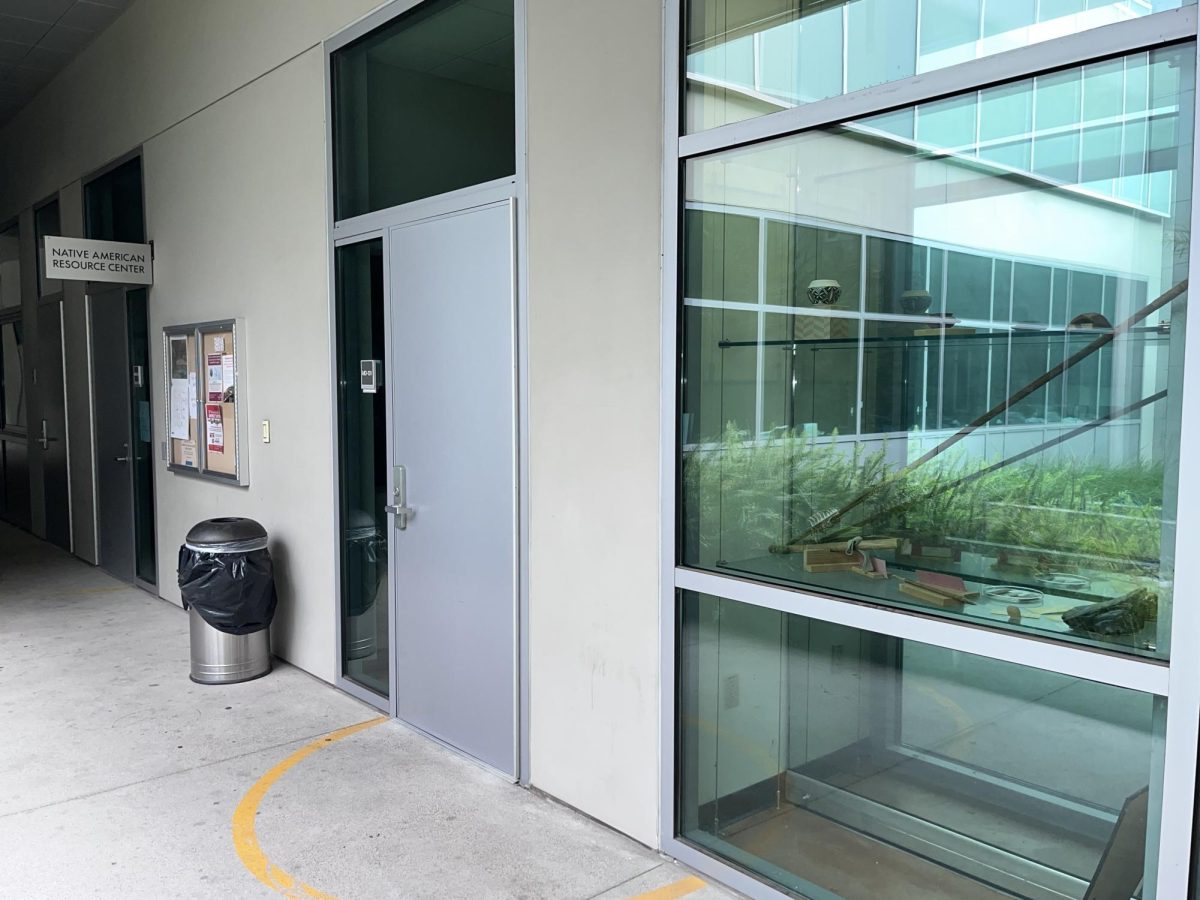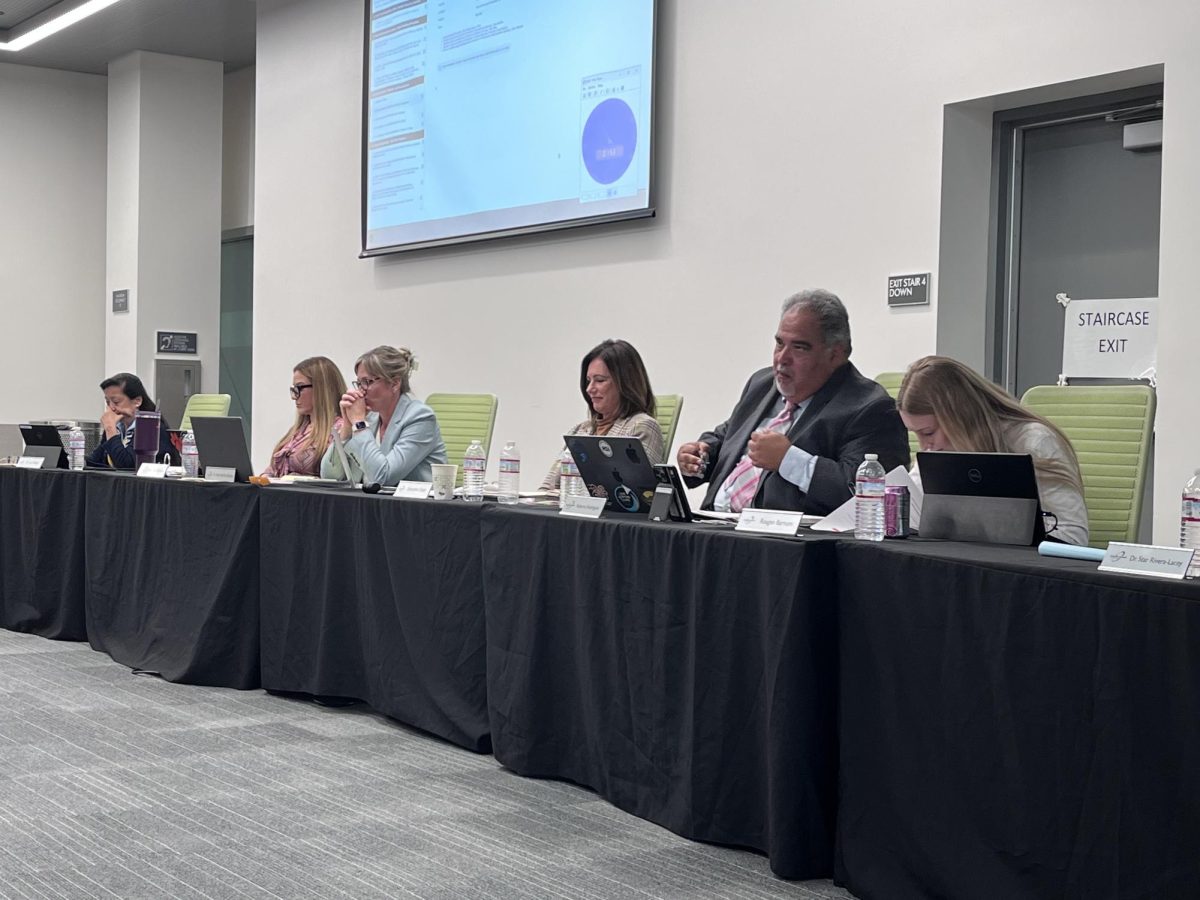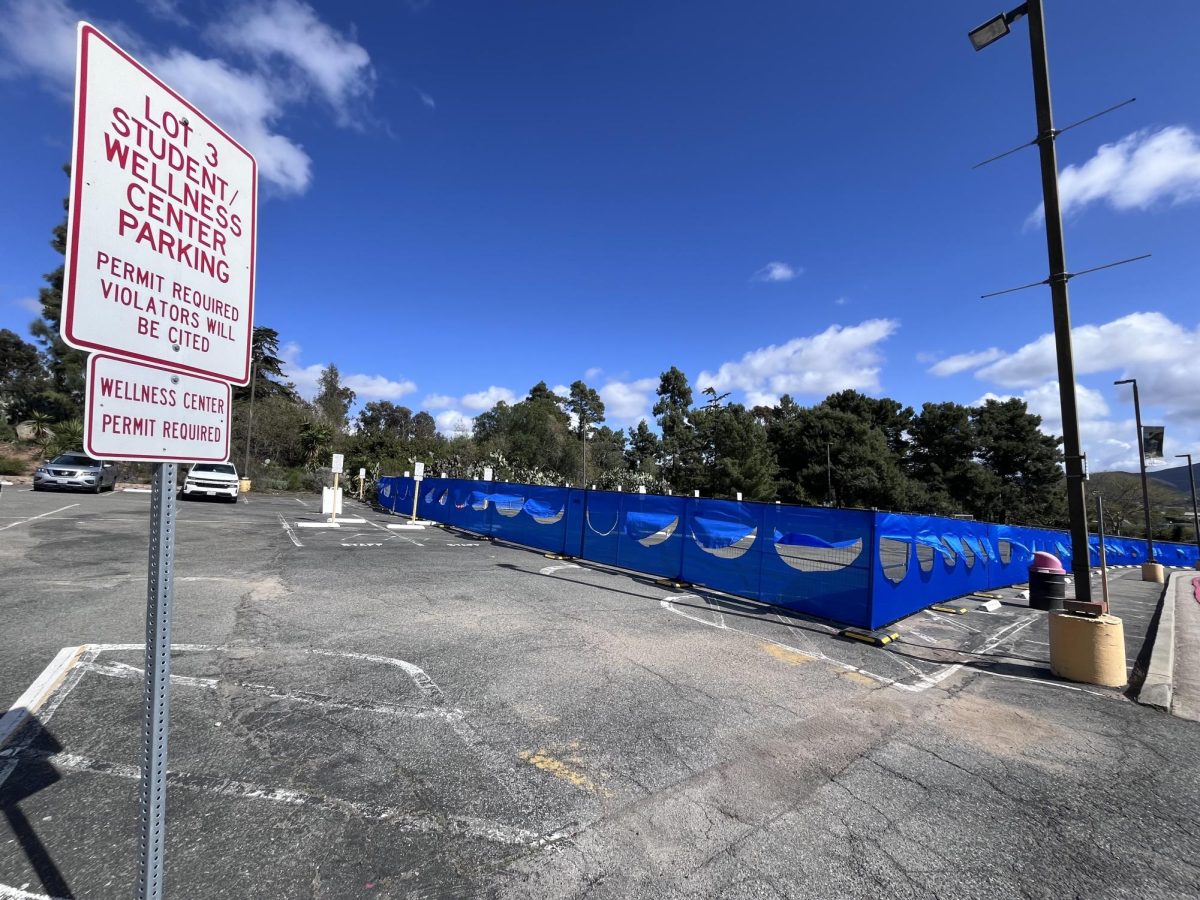Proposition 30 was passed in 2012 as a way to raise funds for public schools in California by temporarily increasing sales taxes and personal income tax rates.
But Prop. 30 will end next year. If a majority of voters refuse to reinstate it, community colleges in California could potentially face $6 billion in annual cuts.
For Palomar College, this means that they could lose an estimated $7 million provided from the state.
Teresa Laughlin, an economics professor at Palomar, discussed the misconception of the initiative.
“Before Prop. 30, community colleges up and down the state were being defunded pretty significantly. The problem with community colleges people don’t understand is that the tuition that students pay doesn’t go to the college, it goes to the state,” she said.
The initiative is officially referred to as Temporary Taxes to Fund Education.
It was proposed by Gov. Jerry Brown in 2012, and an estimated 55 percent of California citizens voted in favor of Prop. 30, while 45 percent rejected the proposal.
Opponents of the proposal argue that, instead of the money being used on education, it will be used to raise the salaries of administrators.
Prop. 30 raised California’s sales tax from 7.25 percent to 7.5 percent. This temporary increase is required to be in effect for four years, and will end at the end of 2016.
That’s one-quarter cent that is used to fund public schools for every dollar that is spent by a consumer.
A personal income tax was also implemented for residents who earn over $250,000 annually.
The initiative requires high-income citizens to pay higher taxes for seven years. It will be in effect until the end of 2018.
These tax increases grant additional revenue to pay for programs, which are funded in the state budget. The money raised will go directly to K-12 schools and community colleges across the state.
About 11 percent of these earnings go to community colleges.
To keep track of transactions, Palomar’s General Fund serves as an account “that in general cover the full scope of operations of the District – instruction, administration, and student services maintenance and operations, etc.” according to Palomar’s budget report.





